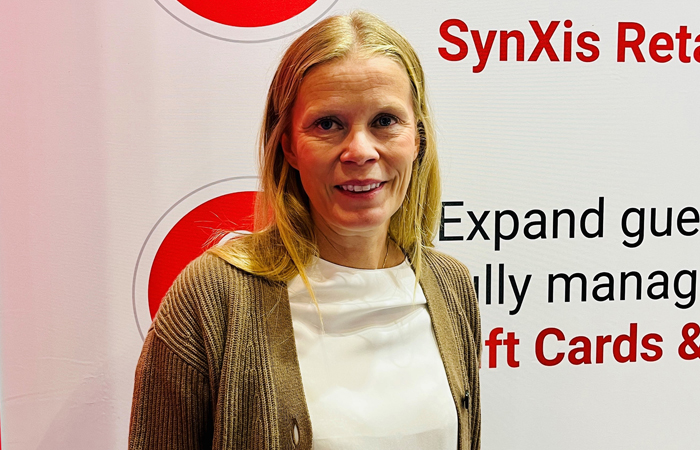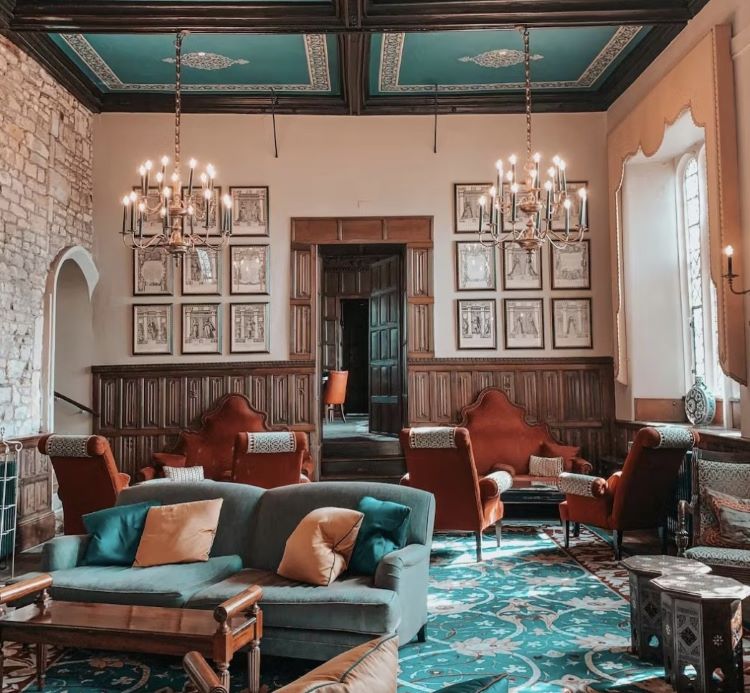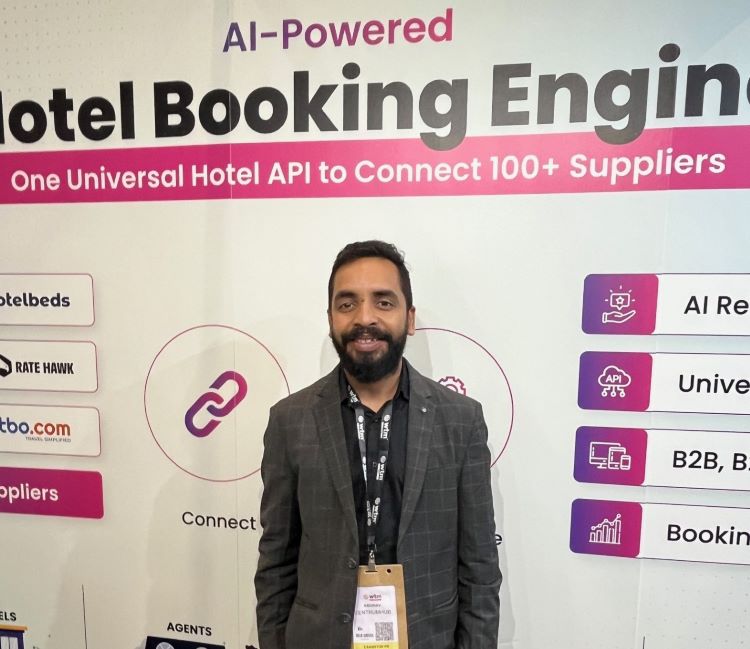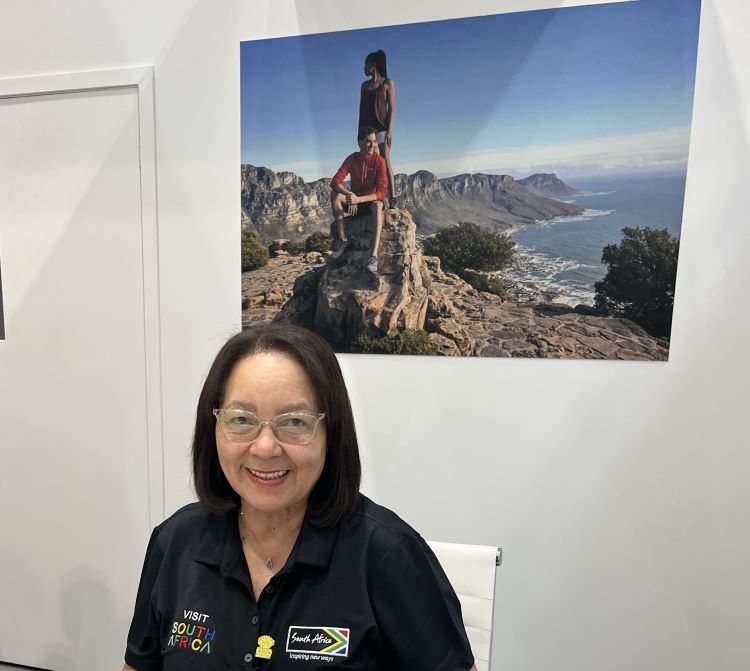In an era where technology and travel intersect like never before, Amy Read, Vice President – Innovation, Sabre Hospitality , is at the forefront of this transformation. In an exclusive conversation, she shares her insights on the challenges and opportunities in luxury hospitality, the role of hyper-personalization, and how technology is reshaping the travel landscape.
TT Bureau
Read’s journey into Sabre began with Techsembly, an e-commerce platform tailored for luxury boutique hotels. The platform enabled hotels to sell everything beyond rooms, from fine dining experiences to gift cards and third-party offerings. “We focused on providing seamless guest experiences, consolidating inventory, and creating a one-stop shop for hotels,” Read explained. Now integrated into Sabre’s Retail Studio, the technology empowers hotels to offer personalized, all-encompassing booking options.
One shining example of Techsembly’s impact is the Capella Hotel Group. “Within nine months of launching their standalone store, they generated over a million dollars in revenue,” shared Reid, highlighting the potential for hotels to unlock significant new revenue streams.
Rise of hyper-personalization in luxury hospitality
Luxury hotels face unique challenges, especially in delivering hyper-personalized guest experiences. “It’s about knowing your guests so well that you can anticipate their needs before they even ask,” Read said. This requires overcoming data fragmentation and achieving a unified view of the guest. By leveraging AI and unified data systems, hotels can tailor offerings such as exclusive packages and experiences that extend beyond the room.
Read emphasized the importance of laying strong data foundations. “Innovation is only as good as the data that feeds it. Hotels must consolidate data and work with strategic partners to build systems that enable true personalisation,” she explained.
AI and conversational tools
Read pointed to conversational tools as a transformative force in hospitality. Sabre is launching a conversational AI-powered booking engine concierge that personalises the booking journey. From room preferences to local recommendations, these tools enhance guest interactions and streamline the experience.
The industry is also witnessing a shift in how travellers seek inspiration. “Around 75% of consumers now find travel ideas on platforms like Instagram,” Read noted. Additionally, conversational tools like ChatGPT are influencing itinerary planning, underscoring the need for hotels to adapt to evolving booking behaviours.
Sustainability and inclusivity in tech
Sustainability and inclusivity are critical in today’s hospitality landscape, and technology has a significant role to play. Read highlighted how data-driven systems can promote eco-friendly practices, such as tracking the sourcing of raw materials and optimizing supply chains. Guests, too, can make more informed choices about their stays, aligned with their values.
On inclusivity, Read stressed the importance of personalisation. “Technology enables us to cater to diverse cultural and individual needs, moving beyond a one-size-fits-all approach,” she said, envisioning a more tailored and equitable guest experience.
For small hotel owners: Taking the first steps in tech
Read encouraged smaller, owner-driven hotels to embrace technology incrementally. “Start with tools that complement your operations, like conversational chatbots for customer service,” she advised. By taking small steps and gaining confidence in tech adoption, even independent properties can harness the benefits of innovation.
The future of hospitality: Data, AI, and beyond
As the industry evolves, Read foresees a future where AI becomes seamlessly integrated into every aspect of hospitality. “It will become part of everyday life, delivering better service for hotels and guests alike,” she predicted. However, the path forward hinges on addressing data fragmentation—a challenge AI is uniquely positioned to solve.
In closing, Read left a crucial message, “Get your data right, stay adaptable, and embrace innovation. The technology is advancing faster than ever, and those who build strong foundations today will lead tomorrow.”
Read’s vision for the future of hospitality combines cutting-edge technology with a guest-centric approach. From hyper-personalization to sustainable practices, her insights provide a roadmap for hotels aiming to thrive in an increasingly tech-driven world. As travel and technology continue to converge, one thing is clear: the future of hospitality is here, and it’s personal.
 TravTalk India Online Magazine
TravTalk India Online Magazine





